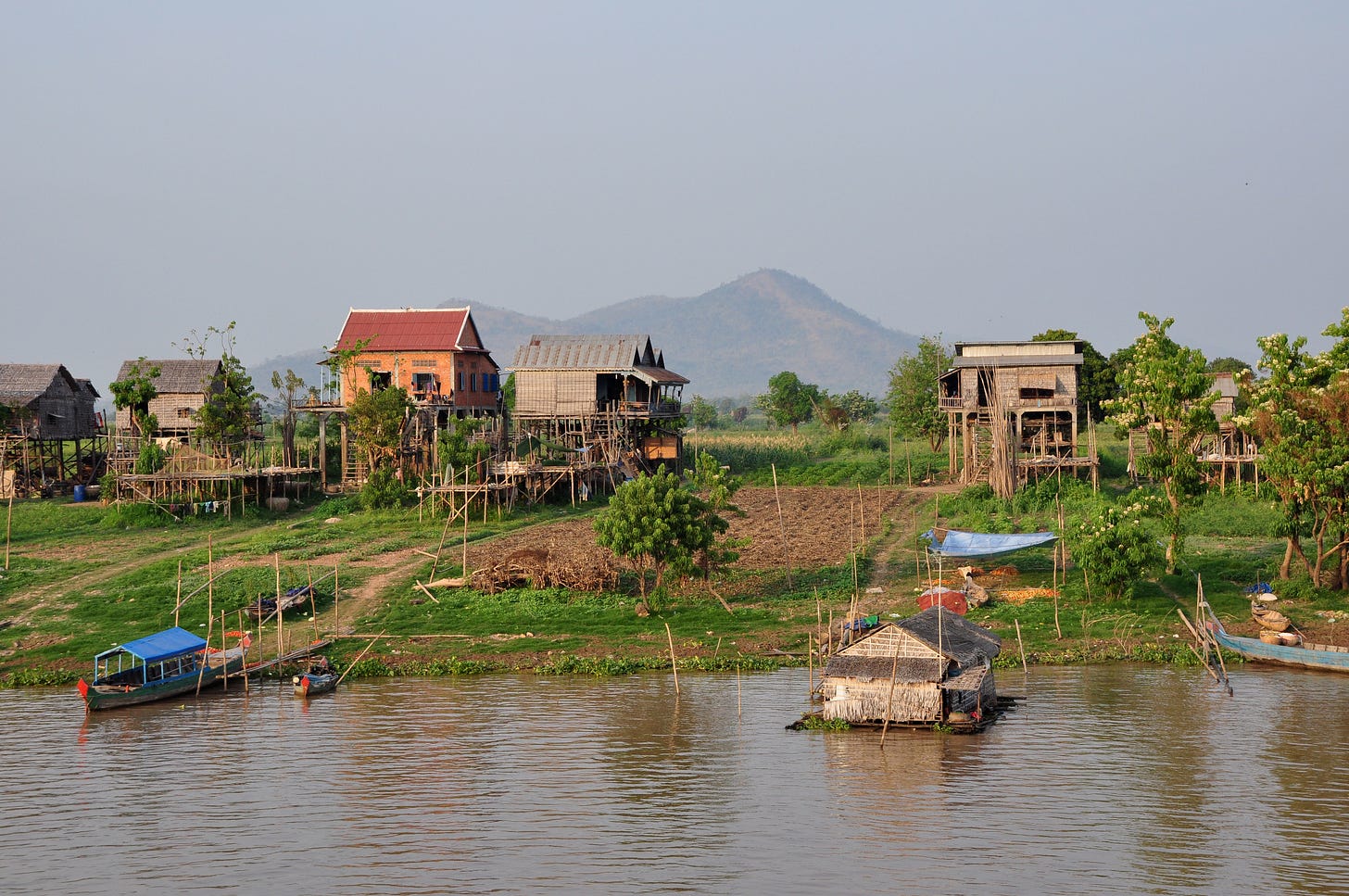Despite its entrenched autocracy—first under longtime strongman Hun Sen and now his son, Prime Minister Hun Manet—Cambodia has quietly carved out a surprising success story in sustainable development. While its political system remains tightly controlled, the country has managed to make measurable progress on multiple fronts: cutting poverty, investing in green energy, and increasing its presence in global development diplomacy.
This progress has not gone unnoticed. Cambodia’s position in the UN’s Sustainable Development Solutions Network (SDSN) rankings has gradually improved, reflecting gains in economic growth, infrastructure, and alignment with the UN’s 2030 Agenda. The apparent contradiction of authoritarian governance and forward-facing development has raised eyebrows—but it’s also yielded real, if uneven, outcomes.
Fighting Poverty Through Growth
At the heart of Cambodia’s development agenda is poverty reduction. Between 2009 and 2022, the country's poverty rate dropped by nearly half—from 33.8% to 17.8%—according to World Bank data. Government investments in rural roads, electricity access, and health services have helped close the gap between urban and rural communities. Microfinance institutions have expanded rapidly, giving millions of Cambodians access to credit, though not without sparking concerns over debt burdens.
The pandemic posed a major setback, with a spike in job losses and economic insecurity. However, the government responded with targeted cash-transfer programs for the most vulnerable, as well as stimulus packages for small businesses and farmers. With tourism rebounding and garment exports recovering, Cambodia’s growth engine has started to hum again—albeit cautiously.
A Global Player in Sustainable Development
Cambodia has also stepped onto the world stage with a more assertive voice in sustainable development forums. It has ratified the Paris Climate Agreement and submitted updated Nationally Determined Contributions (NDCs), committing to reduce greenhouse gas emissions and increase renewable energy use. Hydropower and solar projects have become central to the country’s energy policy, even as critics point to ecological trade-offs.
Diplomatically, Cambodia has used its ASEAN chairmanship and its role in the UN General Assembly to champion development issues ranging from equitable vaccine distribution to climate justice. It has supported resolutions on South-South cooperation, debt relief for developing nations, and sustainable infrastructure, presenting itself as a partner in global problem-solving.
This growing engagement is also strategic. By aligning with global goals like the SDGs, Cambodia has strengthened ties with international donors and development banks, drawing in infrastructure funding and climate resilience support.
Trouble Beneath the Surface
Yet Cambodia’s development narrative remains complicated by its political environment. Critics say the government’s centralization of power—now under Hun Manet, after his father’s four-decade rule—stifles dissent, weakens institutions, and undermines SDG 16 (Peace, Justice and Strong Institutions). The narrowing space for civil society and the press, alongside recurring corruption scandals, raises questions about long-term governance and transparency.
Environmental sustainability is another area of concern. While Cambodia has made strides in clean energy, it has also seen dramatic deforestation and river degradation, much of it linked to unchecked logging and large-scale land concessions. These trends threaten biodiversity and the livelihoods of rural communities, particularly in the Mekong Basin.
A Balancing Act
Cambodia’s path forward is far from simple. But what’s notable is its determination to engage with the global development agenda, even within the constraints of a tightly controlled political system. The government’s focus on infrastructure, education, and climate resilience—combined with diplomatic overtures—has helped it secure a firmer footing on the international stage.
Whether this momentum can be sustained depends on more than just GDP growth or global rankings. Cambodia’s challenge now lies in ensuring that development is truly inclusive, sustainable, and participatory. For a country long associated with fragility, its development gains are real—but the hard work of reform, accountability, and environmental protection remains unfinished.





